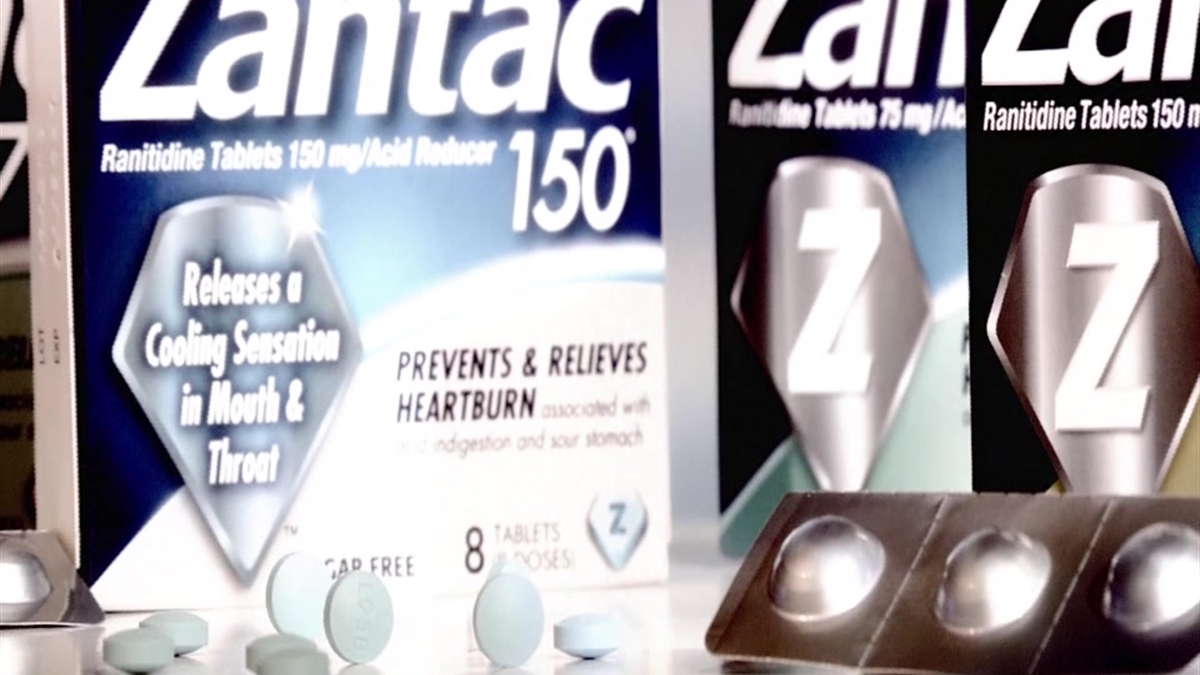Mask mandates are back at several Illinois hospitals as cases of COVID, flu and RSV continue to rise across the Chicago following the 2023 holidays.
"We are seeing uprising RSV, COVID and influenza cases as we get out of the holiday season," Rush Medical Center EMS Medical Director Dr. Nicholas Cozzi told NBC Chicago. "Family members have been all over the country and we're bringing those illnesses back into the city of Chicago."
Cozzi added that the surge in migrants coming to the city is adding to the increased cases of all three respiratory viruses.
Rush is one of several hospital Chicago-area hospital systems, including Advocate Health Care and North Shore, that recently implemented partial or complete mask mandates following guidance from the Illinois Department of Public Health following the uptick.
“With the alarming rise in respiratory viruses we are seeing across the state and the country, IDPH is recommending healthcare facilities take precautions to reduce the spread of these viruses and protect their patients, staffs and visitors,” IDPH Director Dr. Sameer Vohra said in the news release in December. “We are most concerned with healthcare facilities in counties with elevated respiratory virus transmission and hospitalization levels and recommend masking in patient care areas, especially in emergency departments and areas caring for patients who are immunocompromised.”
According to the most recent publicly available data from the Centers for Disease Control and Prevention, 16 counties in Illinois were listed at a high level for COVID hospitalizations within the past week.
Outside of hospitals, Cozzi said it would be wise to consider wearing a mask in highly-congregated, indoor areas. "I will say what we are seeing it is prudent if you're in a highly congregated area to consider wearing a mask. "You don't have to have something fancy," Cozzi said. "A regular old hospital mask will suffice."
Local
Although masks can help prevent the spread of the viruses, the symptoms between the three viruses look "very similar," with the best diagnosis combing from a nasal swab, Cozzi said.
"They have a cough, they have a cold, they have a runny nose, they might have GI symptoms bellyache, you might have nausea and vomiting," Cozzi said, adding the he himself had just gotten over a bout of influenza.
Feeling out of the loop? We'll catch you up on the Chicago news you need to know. Sign up for the weekly Chicago Catch-Up newsletter here.
According to Cozzi, the flu is "very common." However, for those with pre-existing conditions, like asthma or COPD it can become dangerous.
"If you're having difficulty breathing, and you feel like you can't get a good amount of air in and out, that's an indication to report to the emergency department or call 911, Cozzi said. "Those are the patients that we're seeing that needed admission to the hospital and need to be put on oxygen."



